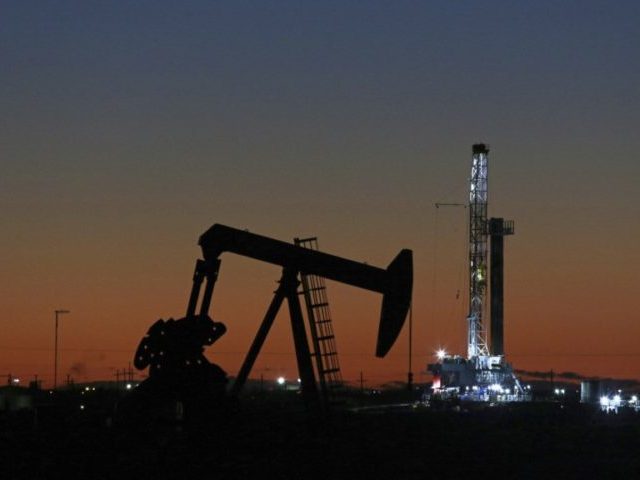Texas manufacturers saw a sharp downturn in business as the new year began, a survey from the Federal Reserve Bank of Dallas indicated Monday.
The Dallas Fed’s monthly Texas Manufacturing Outlook survey indicated that factory activity in the Lone Star state contracted in January after stabilizing in December.
The index of general business conditions plunged to a reading of negative 27.4 from December’s negative 9.3. That is the worst reading since mid-2020, when much of the economy was staggered by the pandemic. Economists had forecast a milder decline to -10.4.
“Stagflation, increased commodity costs, labor costs and benefits to retain talented staff, political upheaval, border failure and dysfunction at the regulatory level [are issues affecting our business],” a Texas food manufacturer told the Dallas Fed.
The production index, which the Dallas Fed says is a key measure of manufacturing conditions, sank to negative 15.4 from a positive reading of 1.4 in December. The forecast called for a reading of 1.2.]
The index of new orders fell and the gauge of growth of new orders also declined. The capacity utilization measure worsened as did the metric tracking shipments.
Measures of the labor market showed employment declining and a shorter workweek. The employment index fell to its lowest level since mid-2020.
Wage and input costs continued to rise in December, while selling prices were flat, implying worsening margins for manufacturers. Despite the rise, the wages and benefits measure remains near its average reading and the raw materials index is below average.
Texas manufacturers are getting a bit more hopeful about the future, perhaps in anticipation of the November election bringing about a change in the country’s political leadership. The future production index rose while the index tracking expectations for general business activity remained negative and was little changed from the prior month.
“The election is the greatest influencer presently. Oil prices and Middle East ‘anxiety’ have an adverse impact,” a manufacturer told the Fed. “Extreme cold after a seemingly inordinately hot summer have also added some incongruity to our production.”

COMMENTS
Please let us know if you're having issues with commenting.